- News
- News / Politics And Administration
- News / Politics And Administration / City
- News / Student Life
- Politics
League of Women Voters push for alternatives to trash burning
The metals removed by the magnets are collected and recycled as scrap metal. Bill Schmitt says the current load of metals is at 90% capacity.
Ames was the first city in the U.S. to establish a power plant that turned trash into energy. Although this was groundbreaking, some Ames residents have recently called on the city to transition to more sustainable ways to deal with waste.
At the plant, trash from the community is separated into two categories: burnable and non-burnable. The burnable portion is processed into refuse-derived fuel (RDF). Then, it’s combined with natural gas to be burned at the power plant. The rest of the non-burnable waste is taken to the landfill in Boone.
The League of Women Voters believes the plant needs to do more to combat the growing climate crisis. Bob Haug is a member of this organization and spent 27 years as the director of the Iowa Association of Municipal Utilities.
In 2019, Haug updated the league’s position on waste management in Ames and concluded the city must separate energy generation and waste management. He believes the current system does not work in today’s increasingly electric society.
“It is time to get the electric department out of the waste management business… Continuing to burn waste, either in the existing boilers or in a new one, is incompatible with the way the electric grid works in the 2020s,” Haug stated in his report.
Despite several meetings with city officials, Haug said progress has been slow. He believes this is due to the increased amount of waste being generated by residents.
“They don’t have a choice…they can’t let this resource-derived fuel sit very long. It gets compacted…they either have to get rid of it by burning it or they have to ship it to the Boone landfill,” Haug said.
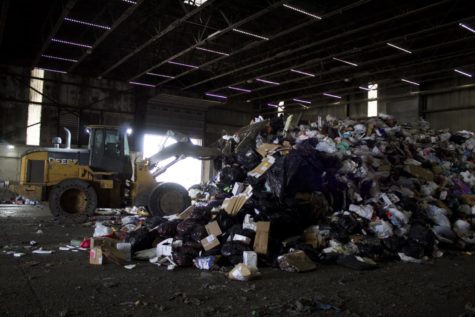
He suggested changes for Ames’s waste management, including a need for a more efficient curbside collection system. Haug believes that Ames needs to establish a city-run collection system instead of utilizing third-party companies.
“There’s ways to transition into what’s called an organized collection system… When we get them to do that, then we can require them to do curbside collection of recyclable materials and possibly get them to collect organic materials,” Haug said.
He also stressed the importance of public awareness to encourage waste reduction.
“Wouldn’t it be better if we just found ways to reduce the amount of waste we have?” Haug said.
Despite the league’s concerns, they still support the need for a city-owned power plant in Ames.
“Local control of a municipal electric utility gave Ames and its neighbors the opportunity to find a truly innovative technology that has turned waste that would otherwise be buried in a landfill into electricity to power homes and businesses,” according to the League of Women Voters’ 2020 report.
Those within the Resource Recovery Plant, or RRP, said the plant benefits the community because it helps keep some waste out of landfills. The superintendent of the RRP, Bill Schmitt, said he feels that what they are doing is working.
He emphasized this process has helped to keep “over 70% of what people throw into the garbage out of the landfill.”
Schmitt also mentioned the plant’s involvement in the waste hierarchy. He said the RRP ensures fewer resources are wasted through the waste-to-energy process. Schmitt also stressed the importance of awareness.
“We try to get people to generate less waste and reuse what they’ve got,” Schmitt said.
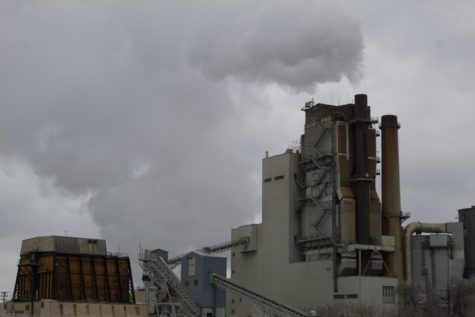
More specifically, he highlighted Rummage RAMPage’s importance in Ames. Last year, this event repurposed 143,838 pounds of furniture and housewares and raised over $49,000 for local non-profit agencies. To reduce waste, Schmitt said events like these are what Ames needs.
Iowa State sustainability also plays a big role in the waste management efforts in Ames. The university partners with the RRP and Ames to manage waste on campus.
Director of sustainability Merry Rankin said she feels that the partnership between ISU and the RRP is necessary.
“If we moved away from this partnership, Iowa State would take all of our material that ended up directly in the garbage to be landfilled,” Rankin said. “I don’t think that’s particularly responsible.”
She said she believes the university and the Ames community greatly benefit from this partnership. Recycling Coordinator Steve Kohtz also shared this belief.
Kohtz said he strongly believes in the importance of increased recycling awareness and good recycling habits. He said he believes it is important to educate people on eliminating waste and reducing consumption.
“The verbiage has changed, the attitude has changed, and we want the community to know that,” Kohtz said.
Sustainability at Iowa State also puts on events like Sustainapalooza, which was held at the Memorial Union Feb. 21. The event featured workshops, tabling organizations and a clothing swap.
The department will also host an Earth Day celebration on April 18. For more information, visit the Office of Sustainability website.
Your donation will support the student journalists of the Iowa State Daily. Your contribution will allow us to purchase equipment, send our student journalists to conferences and off-set their cost of living so they can continue to do best-in-the-nation work at the Iowa State Daily.


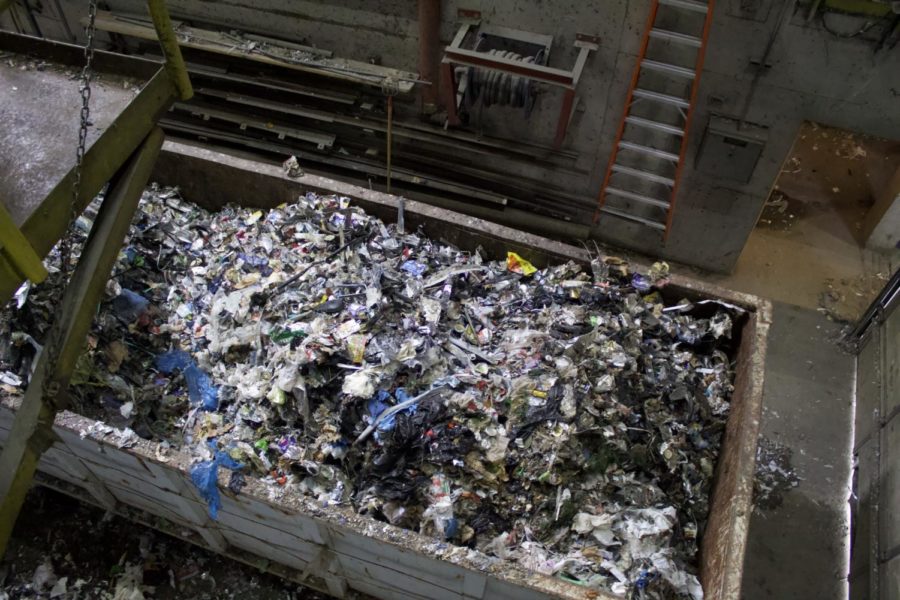
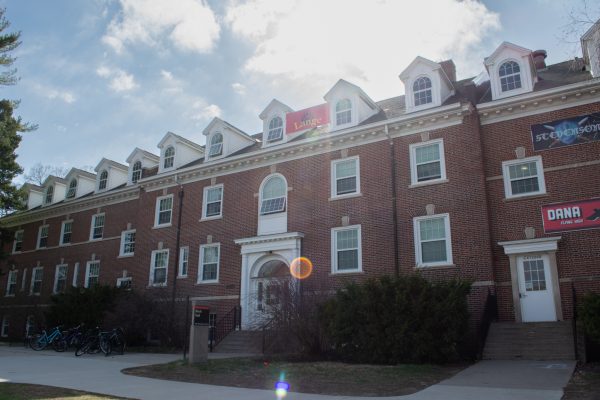
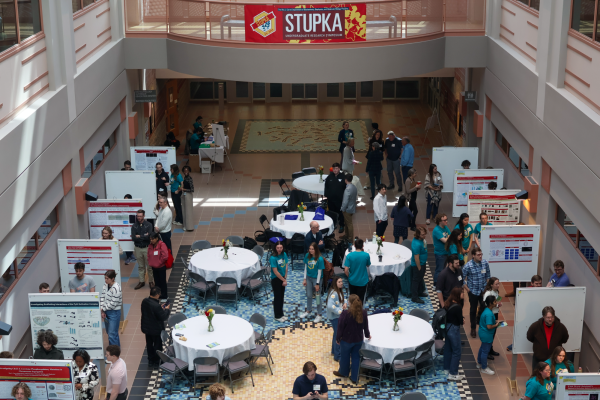
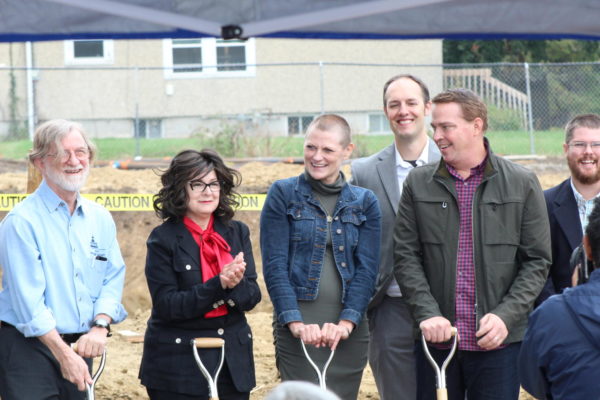

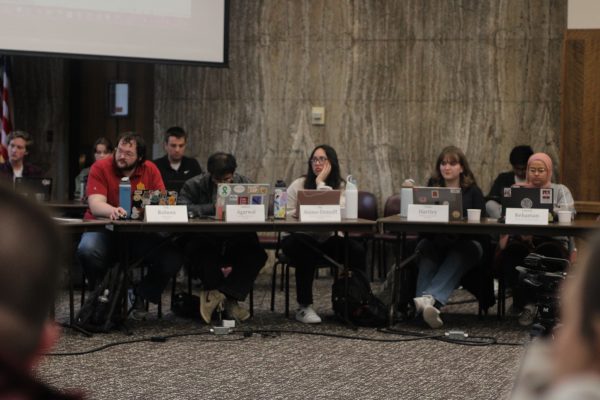
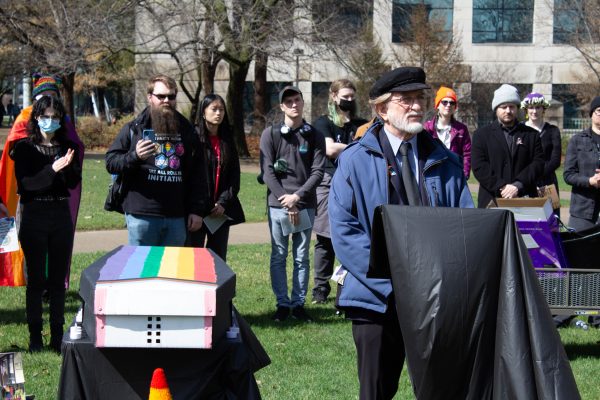

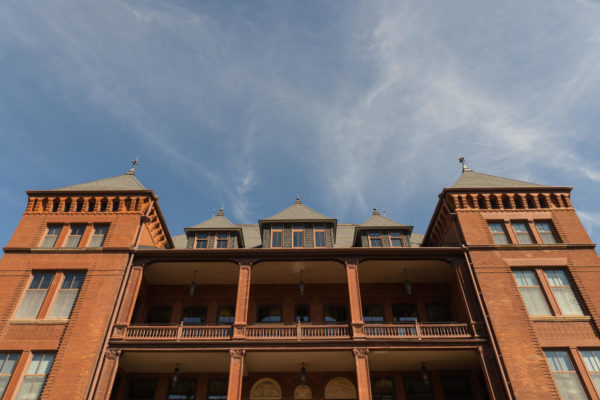
John Tack | Mar 22, 2023 at 1:51 pm
Great article Ashton, created from thorough research. Good job!